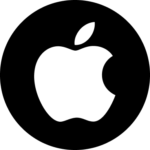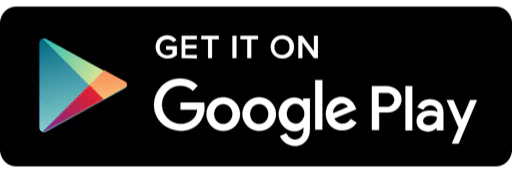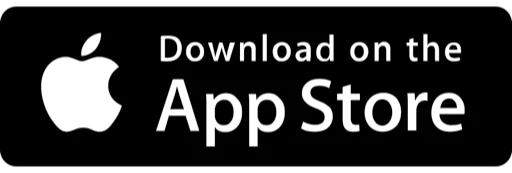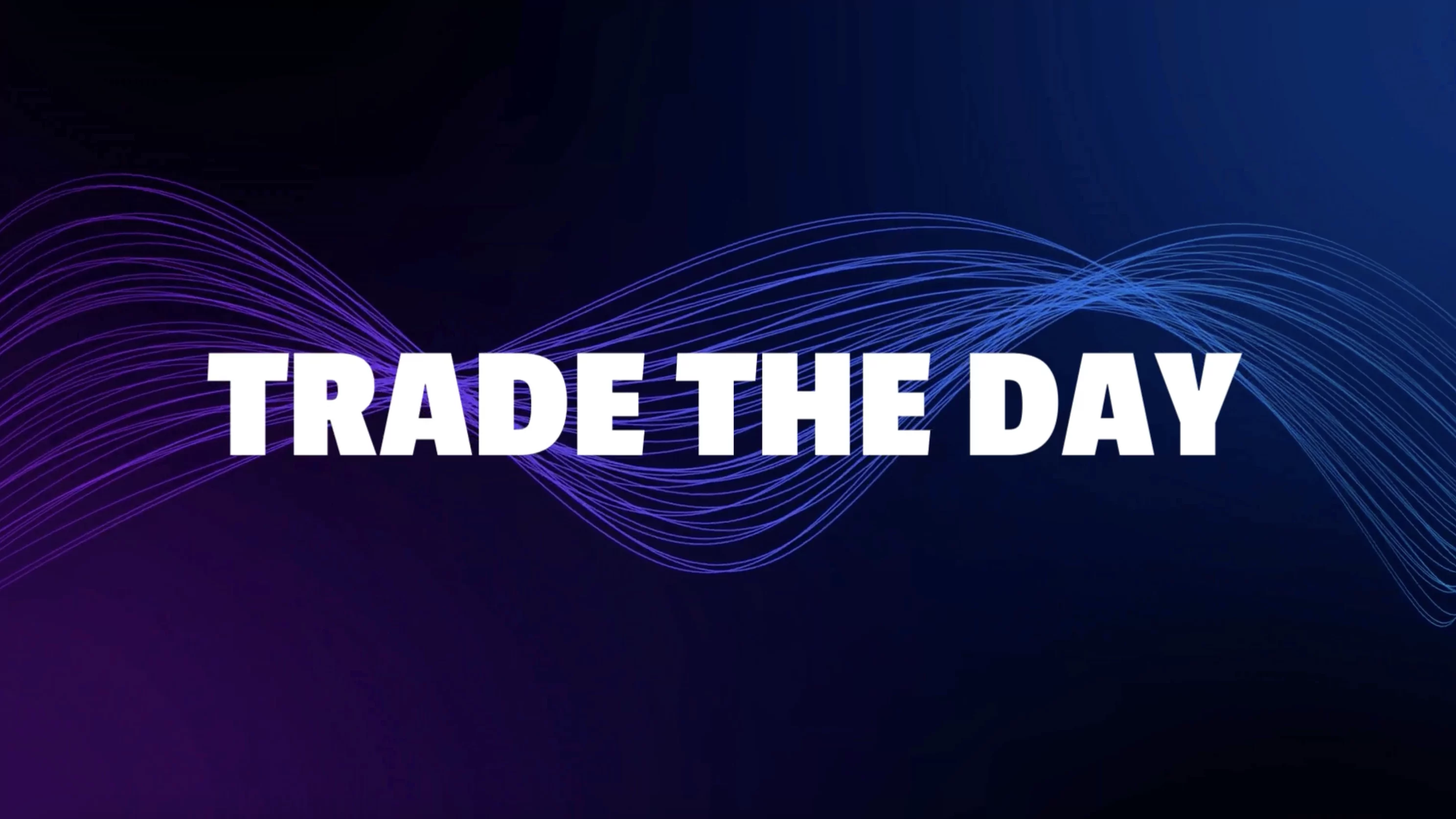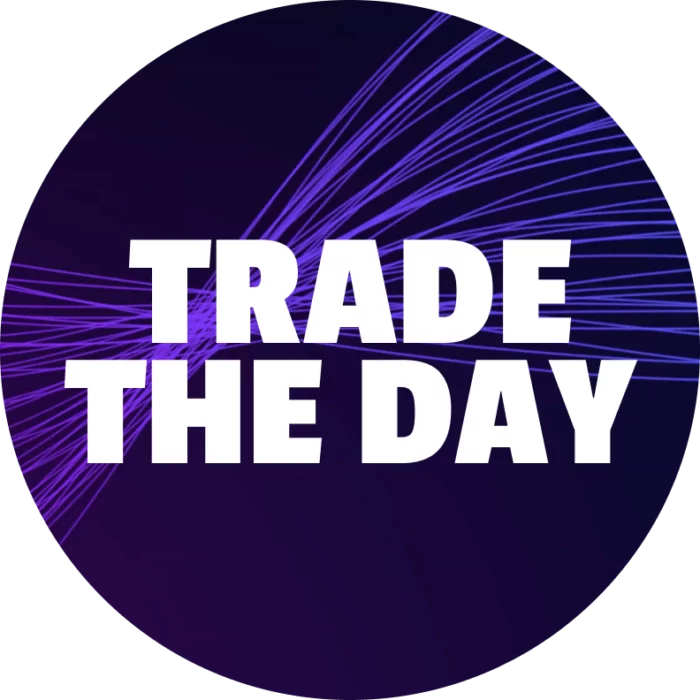

Social Sentiment Ticker Powered by AI
Social Sentiment Ticker Powered by AI

For a Limited Time Get 1 Month Free of TradeZing PLUS
For a Limited Time Get 1 Month Free of TradeZing+
Learn MoreTradeZing+
Get 1 Month Free
$9.99/mo or $99/yr thereafter
For a limited time upgrade to TradeZing+ to browse the platform without any ads and gain access to our latest AI powered tools
Subscribe to TradeZing+ Learn More
EXCLUSIVE
Trade the Day
With Larry Benedict and Eric Shamilov
Trade together with legendary hedge fund manager Larry Benedict every morning before the bell
Everyday at 8:45 AM EST
What is Trade the Day?
Get ahead of the market curve each trading day with Larry Benedict, a distinguished Barron’s Top 100 hedge fund manager and the founder of the Opportunistic Trader ETF (WZRD). With his analyst, Eric Shamilov, Larry provides live, pre-market trading insights and strategic analysis, equipping you with the knowledge to make smart trading decisions.
Not a TradeZing PRO Member?
Subscribe now for exclusive advantages and benefits!
Jordan Edelson of TradeZing: Five Things I Wish Someone Told Me Before I Became A CEO
March 10, 2023
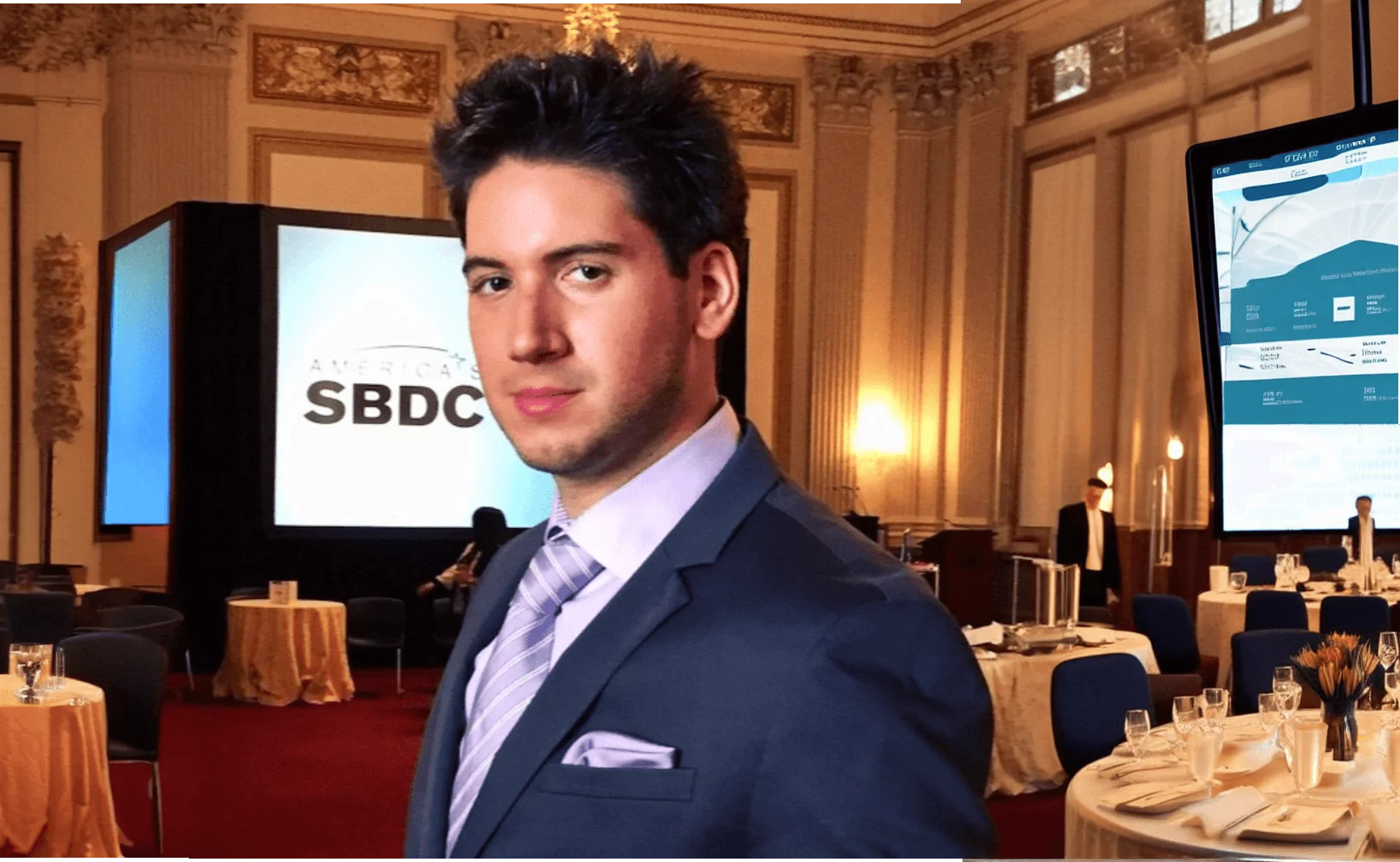
I would advise creating an entrepreneurial-focused open workspace where employees are able to get their ideas across equally. The bottom line is that employees want and deserve to be heard, and their involvement in the company offers a unique perspective that can be immensely valuable for business development and strategy. Having a meaningful, structured space for open communication will emphasize to employees that their value in the company is recognized.
As a part of our series called ‘Five Things I Wish Someone Told Me Before I Became A CEO’ we had the pleasure of interviewing Jordan Edelson.
Jordan Edelson is a Forbes 30 under 30 entrepreneur and CEO/Founder of the groundbreaking mobile digital agency, Appetizer Mobile and the upcoming social streaming platform for the income generation community, TradeZing. Mr. Edelson has been acknowledged by The Wall Street Journal, Inc. Magazine, Time Magazine, Forbes Magazine, The Doctors and many other large publications and syndicated broadcast media. Mr. Edelson prides himself on his ability to innovate and ideate new concepts in the mobile space.
Myinitial interest in technology and digital spaces started when I was pretty young and continued developing into my teenage years. In middle school, I started a company where I worked with local dental practices and designed materials for their businesses. I also had great personal interest in video games, which fueled a desire for me to explore creating my own half-life mod game where I modified an existing game with a team of graphic designs, digital artists, and audio engineers to make this idea come to life. Both of these experiences provided me with the real-world skills and interpersonal encounters needed to feel more confident approaching the idea of running my own business. Of course, I was not getting paid at this age, but my genuine interest in the work I was pursuing drove me to keep evolving my skillset, eventually teaching myself how to code and build websites.
When I was around 18 years old, I pursued my next company titled eSportsTV. The platform was the first to broadcast audio play-by-play commentary of competitive esports tournaments. With great success and thousands of listeners tuned in per stream, the technology naturally evolved to become a platform to livestream video broadcasts of professional video gaming tournaments and competitions. eSportsTV debuted at CES 2004 in Las Vegas, all while I was still in college at the University at Albany. Every weekend I traveled to New York City to meet with my team, and my dedication during this period led to eSportsTV partnering with MTV for a video game tournament that was broadcasted in Times Square.
I successfully exited the company after eight years and became the Chief Technology Officer of H3 Enterprises, the first publicly traded hip-hop company. At this role, I developed hip-hop themed hospitality experiences in the Miami and Tampa areas, establishing relationships with Microsoft and Viacom along the way. I saw these developing relationships to be a big opportunity as apps were really starting to take off. With my background and knowledge in software development, I made the strategic career move to begin developing apps for the iPhone.
This led to my next venture, Appetizer Mobile, which is a design, development and marketing agency that has now been operating for upwards of 14 years. During my time leading the company, we developed Montessorium’s “Intro to Math” and “Intro to Letters,” which rapidly became the highest-grossing educational apps featured in the App Store.
A personal career accolade for me was receiving an email from Steve Jobs commending the team for our work and offering to help build our brand recognition. In a short time, our apps were featured in iPad commercials and billboards around the world. Through Appetizer Mobile, I was also connected to high-profile celebrities, professional athletes, medium and large brands as well as a number of top record labels including Universal Music, Interscope Records, RCA and Sony. We were honorably tasked with creating apps for Lady Gaga, 50 Cent, Kim Kardashian and Joe Girardi, among others. We also invested in innovations in web, mobile, wearables and AR/VR/XR.
The mixture of genuine passion, commitment, and drive led me to be featured on Forbes’ 30 Under 30 list, be sourced as a thought leader in technology and app development, and now become the CEO of TradeZing.
Can you share the most interesting story that happened to you since you began leading your company?
One of the most interesting experiences was announcing our company at Bitcoin 2022 in Miami. It was where we announced our brand to the world and allowed us to see the public’s reception of our company. Being on stage, seeing our logo and vision come to life in a venue, and really beginning to perceive our company was a transformational experience for us. Giving a glance into the company to attendees allowed us to gain perspective on what TradeZing is and could become, making us all the more excited to move forward with launching the company and thinking about the potential for the brand.
Can you share a story about the funniest mistake you made when you were first starting? Can you tell us what lesson you learned from that?
When I reflect on this, the experience that comes to mind was not necessarily a “mistake”, but more a realization. When having our initial sit-downs outlining projections for the business, our focus of the platform revolved almost solely on livestreaming. Over time, it became abundantly clear that the cost of bandwidth (including content creator scheduling, updating software, etc.) would not align with our financial projections, and we knew we had to make a significant pivot on what the platform’s content and user interaction would be. Once our team decided to expand to other variations of content, which allowed us to map out more logical projections for the company without compromising the overall brand. Mistakes and inaccurate estimations are common in the early stages of building a company, but being flexible prevents these instances from being devastating for your enterprise (and as in this case, can improve the long-term trajectory).
None of us are able to achieve success without some help along the way. Is there a particular person who you are grateful towards who helped get you to where you are? Can you share a story about that?
When attending the University at Albany, my professor William Brigham left a tremendous impact on me. He was in the business school and led the small business development center, and we crossed paths as I had just started eSportsTV. I worked with clients from the Small Business Administration (SBA) as an intern with Professor Brigham, and he was a major advocate of my work and supported my career goals, eventually helping me network with a variety of people that led to a few unique business opportunities I would have otherwise not been able to pursue.
He approached me to be a guest lecturer for an MBA course focused on startup development and leadership. Sharing my knowledge and accomplishments this way at such an early stage of my life instilled so much confidence in myself going forward. Professor Bringham continues to advocate for me through business and networking opportunities, and I am immensely grateful for his impact on my career and personal self.
Leadership often entails making difficult decisions or hard choices between two apparently good paths. Can you share a story with us about a hard decision or choice you had to make as a leader?
As aforementioned, having to pivot from a strictly livestreaming platform to various forms of content was a challenging choice for our team, specifically on the product development side of things. While we were confident in the choice to shift our direction, there were of course implications for our overall plans and projections for the company in the short term. We had a beta version of our app ready to go for a few months, but obviously had to make major changes to the software before moving forward. This led to other ideas, like expanding our platform to be an educational source for emerging markets like the metaverse and NFTs, not just on stocks (which was our initial, sole focus for our content).
Altering our initial assumptions was a challenge, but feeling the financial pressure and scrutiny from stakeholders certainly intensified the difficulty when making these adjustments. Because we were logical in our approach and made the changes that we did based on what would make the most sense for our long-term growth and financial projections, we gained more trust with our stakeholders and investors and the company is in a better position overall than we were during our previous version.
Ok, thank you for that. Let’s now jump to the primary focus of our interview. Most of our readers — in fact, most people — think they have a pretty good idea of what a CEO or executive does. But in just a few words can you explain what an executive does that is different from the responsibilities of the other leaders?
I like to compare being a CEO to being a “Chief Fashion Officer” — I have to know how to wear and pull off different hats. The role requires knowledge in all areas of your business, from product development to administration efforts, to creating a plan to tackle crises, and then on top of everything dealing with your day-to-day list of responsibilities.
It can be a balancing act, but knowing when and who to delegate tasks to not only ensures you have the support you need, but allows employees to gain a sense of autonomy and feel like their input into the company is valuable. Also balancing your personal persona with your brand is a bit more emphasized in this role, and especially with social media, being sure that your public information and content output aligns with your company’s brand helps avoid unnecessary scrutiny from outside perspectives.
What are the “myths” that you would like to dispel about being a CEO or executive? Can you explain what you mean?
While there are various styles of leadership, I think there is a general perception that CEOs lead from a distance, but this couldn’t be further from the truth (in my case, at least). Personally, I prefer to be very hands on with my teams. I do tend to lean towards being a perfectionist, and while I’ve been able to learn that not everything can be within my control, I like to have general awareness of all of the moving parts of the business so I know where my support is needed most. While it may be true that some CEOs take on a more relaxed, director-type of position, great CEOs who have the most respect from their employees are always aware of what is going on and willing to take full responsibility when things do not go according to plan.
What is the most striking difference between your actual job and how you thought the job would be?
In full transparency, the role of CEO is exactly what I envisioned it to be. Learning leadership skills was essential to getting the support I needed to pursue my passion for technology at an early age, so I went into my present role knowing what was involved. I know have plenty to learn, but having run multiple businesses and becoming CEO of TradeZing at the company’s infancy enabled me to derive the success from my very unique experiences that have led me up to this stage in my career.
Do you think everyone is cut out to be an executive? In your opinion, which specific traits increase the likelihood that a person will be a successful executive and what type of person should avoid aspiring to be an executive? Can you explain what you mean?
Sometimes the role of an executive can be misconstrued as aligning with the same traits needed for an entrepreneur, which can lead people who are not necessarily fit to be an executive in the position of one. The roles are vastly different; an entrepreneur is more of a person who can piece together a puzzle while having the creativity to think outside the lines. While many executives can also be capable of this, their primary focus is to enforce accountability across a company and set boundaries to avoid unnecessary challenges. Executive entrepreneurs are rare but can be successful, and generally their success depends on their company’s culture and fundamental values.
To be successful as a CEO, one must be an expert at communication and crisis management. Having a deep understanding of how to manage micro and macro issues is certainly essential. A great leader needs to know when to compartmentalize certain issues to prioritize initiatives that are more pressing for the overall company, ultimately knowing how to manage your tasks to support the rest of the team.
One should avoid becoming an executive if communicating transparently, both internally and externally for the company, is something they are not fully comfortable doing. Also being sure that you are someone that your team looks towards for support and guidance is essential to your business’s success.
What advice would you give to other business leaders to help create a fantastic work culture? Can you share a story or an example?
I would advise creating an entrepreneurial-focused open workspace where employees are able to get their ideas across equally. The bottom line is that employees want and deserve to be heard, and their involvement in the company offers a unique perspective that can be immensely valuable for business development and strategy. Having a meaningful, structured space for open communication will emphasize to employees that their value in the company is recognized.
How have you used your success to make the world a better place?
My success with previous businesses and support from stakeholders has paved the opportunity for me to focus on a company like TradeZing, which has an overarching goal to democratize access to financial education through familial, shortform content. Sharing awareness of scams that are out there and increasing financial literacy in a time where we are swarmed by information online gives me a great sense of pride knowing that our platform can help guide someone down the path of their own financial success.
Outside of TradeZing through Appetizer Mobile, I have been able to reach hundreds of millions of people through apps I have built from education to healthcare, and for government agencies. Connecting to people digitally is something I pride myself on and hope to do a lot more of through my career.

Fantastic. Here is the primary question of our interview. What are your “Five Things I Wish Someone Told Me Before I Became A CEO” and why? (Please share a story or example for each.)
1 . Expect dramatic changes that you aren’t planning for.
Seems contradictory, but knowing that there will be ups and downs, especially in my experience now developing a finance platform, you should assume that there will be volatility that might cause a major shift in your organization’s goals. Having to completely pivot the content structure we intended for TradeZing would have been much more financially devastating had we not adapted and moved forward in a new direction. Also being a platform focused on stocks became challenging in recent months, but finding ways to expand allows the platform to continue growing.
2 . Regardless of your industry, keep in touch with where technology is and where it is going.
When starting one of my first companies, eSports, we were trying to create a groundbreaking service that the world wasn’t ready for technologically. The company was overall a success, but because of the platform’s livestreaming nature, there were conflicts due to users not having the technological bandwidth to stream on their devices. Many weren’t able to consume some of our most popular content back then, but understanding where infrastructure is versus where is will be in a year or so can help guide executives to making more strategic decisions.
3 . Stay informed on major cultural shifts and how they can impact the business.
During the start of the Covid-19 pandemic, executives had no choice but to face how the “new normal” would impact their companies. Seeing the potential for in-person events and gatherings dissolve was something no one could have planned for, and it disrupted the foundation of workspaces. Having built-in resiliency and always considering a plan B (and sometimes a plan C) can actually give businesses the opportunity to be creative and refresh their perspective, leaving them in a better spot once they are on the other side of a challenging period.
4 . Make remote work effective for your workplace.
Creating a hybrid model is essential now following what the world has experienced in the past five years. Offering flexibility can improve workplace culture, but truthfully it was a challenging transition at the start (as I am sure most businesses can attest to). Managing employees and their work without them being physically present was an adjustment for me since, as I mentioned above, I am very hands-on and like to be aware of everything going on at all times. The solution is creating ways to ensure employees are checking in on their tasks and streamlining communication, which is essential in person or when working from home.
5 . How to successfully raise capital.
Something all founders are faced with at some point is figuring out when and how to go about raising capital for your business. Actually having conversations with VCs and angel investors allowed me to realize what they are expecting, which can vary dramatically. I learned that you are not able to predict responses, and if you focus on making sure your company and the team working with you are solid, you will get capital. Instead of updating your pitch deck before every meeting with an investor based on what you think they want you to be, just stay true to the company and success will follow.
You are a person of great influence. If you could inspire a movement that would bring the most amount of good for the greatest number of people, what would that be? You never know what your idea can trigger.
I would love to inspire a wave of digital innovation that focuses on educating users and connecting people aligned with their goals. This is what I am currently doing with TradeZing, and it would mean so much to me to see others inspired by the platform to create digital spaces with a similar goal for industries outside of finance. This form of virtual community, regardless of the industry, is best way to impact the greatest number of people by connecting them with others who have common goals and interests.
Can you please give us your favorite “Life Lesson Quote”? Can you share how that was relevant to you in your life?
One quote that has stuck with me throughout my life is the following from Steve Jobs:
“Here’s to the crazy ones, the misfits, the rebels, the troublemakers, the round pegs in the square holes… the ones who see things differently — they’re not fond of rules… You can quote them, disagree with them, glorify or vilify them, but the only thing you can’t do is ignore them because they change things… they push the human race forward, and while some may see them as the crazy ones, we see genius, because the ones who are crazy enough to think that they can change the world, are the ones who do.”
Approaching my life from this perspective has reminded me, especially while in an executive role, that not every decision you make will make sense to everyone around you, but those who push the boundaries and take risks are the ones who make a real difference in their respective spaces. Taking chances, making mistakes, and learning how to move forward following a decision despite the outcome is an essential executive skill. While the time commitment you invest into your endeavors can make criticism feel more personal, executives must stay grounded and remember their intentions to logistically interpret the response following your decisions.
We are very blessed that some very prominent names in Business, VC funding, Sports, and Entertainment read this column. Is there a person in the world, or in the US with whom you would love to have a private breakfast or lunch with, and why? He or she might just see this if we tag them.
Due to their unparalleled success, I’d have to say Elon Musk. Specifically, I’d love to learn his thought process, and how he goes about doing everything, especially in the center of the public eye. His perspective on technology and how it can serve to work alongside humans could lead to an impactful conversation.
Thank you for these fantastic insights. We greatly appreciate the time you spent on this.
About the Interviewer: Douglas E. Noll, JD, MA was born nearly blind, crippled with club feet, partially deaf, and left-handed. He overcame all of these obstacles to become a successful civil trial lawyer. In 2000, he abandoned his law practice to become a peacemaker. His calling is to serve humanity, and he executes his calling at many levels. He is an award-winning author, teacher, and trainer. He is a highly experienced mediator. Doug’s work carries him from international work to helping people resolve deep interpersonal and ideological conflicts. Doug teaches his innovative de-escalation skill that calms any angry person in 90 seconds or less. With Laurel Kaufer, Doug founded Prison of Peace in 2009. The Prison of Peace project trains life and long terms incarcerated people to be powerful peacemakers and mediators. He has been deeply moved by inmates who have learned and applied deep, empathic listening skills, leadership skills, and problem-solving skills to reduce violence in their prison communities. Their dedication to learning, improving, and serving their communities motivates him to expand the principles of Prison of Peace so that every human wanting to learn the skills of peace may do so. Doug’s awards include California Lawyer Magazine Lawyer of the Year, Best Lawyers in America Lawyer of the Year, Purpose Prize Fellow, International Academy of Mediators Syd Leezak Award of Excellence, National Academy of Distinguished Neutrals Neutral of the Year. His four books have won a number of awards and commendations. Doug’s podcast, Listen With Leaders, is now accepting guests. Click on this link to learn more and apply.

